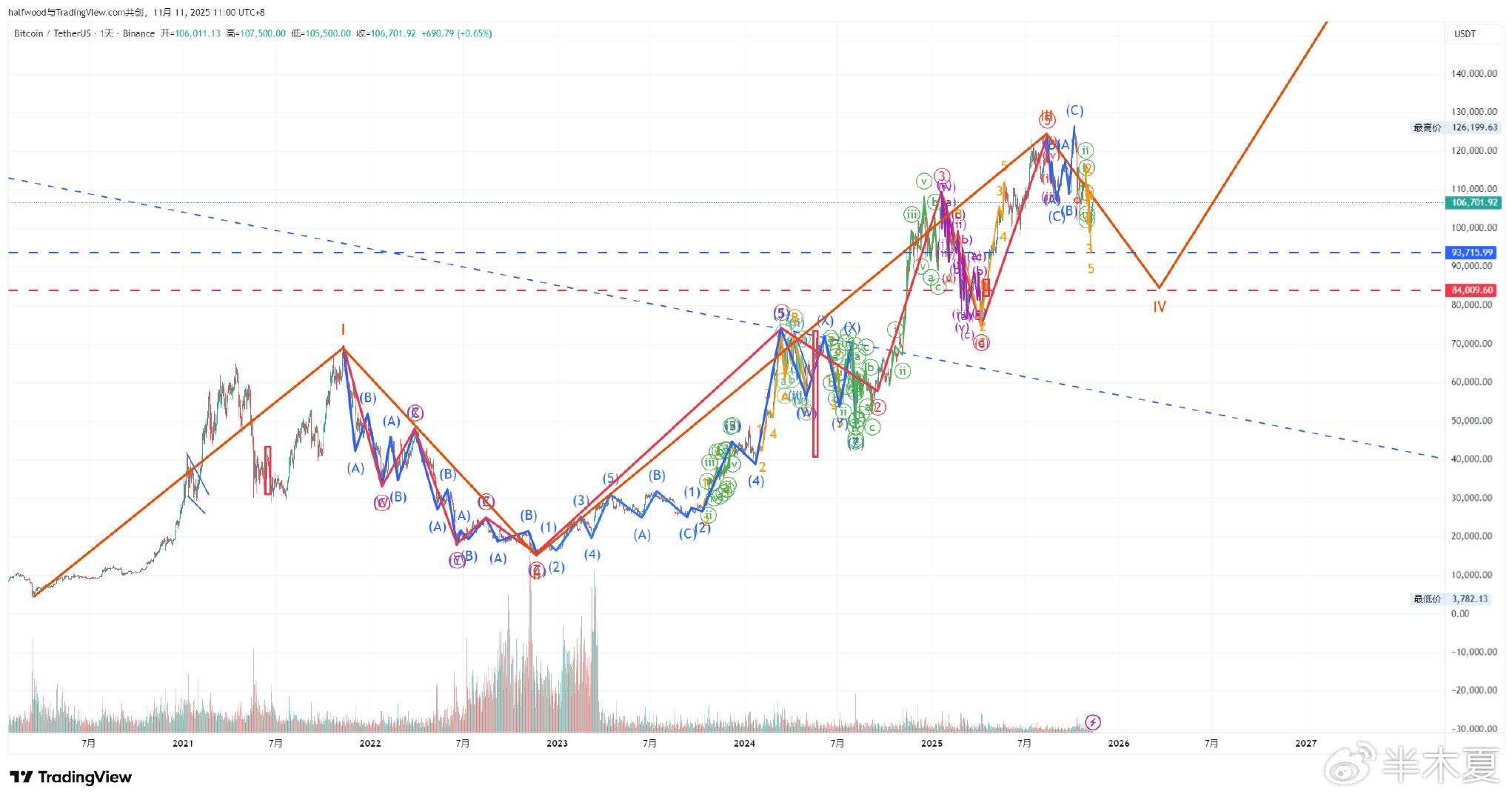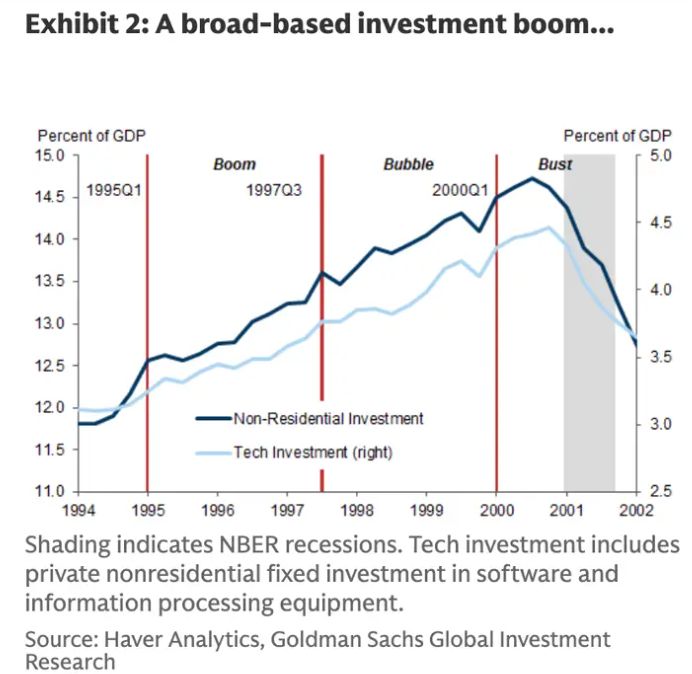News
Stay up to date on the latest crypto trends with our expert, in-depth coverage.

Due to Western sanctions and US-India trade negotiations, India significantly reduced its purchases of Russian crude oil in December, with its five major core refineries placing no orders.
SoftBank Group has completely sold its Nvidia holdings, cashing out $5.8 billions. Founder Masayoshi Son is shifting the strategic focus, allocating more resources to the artificial intelligence and chip-related sectors.


The real large-scale liquidity release may not happen until May next year, after Trump takes control of the Federal Reserve, similar to what happened in March 2020.
A brief selection of projects curated by Monad Momentum.

While the entire market is cheering for the future of AI, strategists at Goldman Sachs are sounding the alarm.

- 10:37The SEC is expected to "approve a batch" of altcoin ETFs after the government shutdown ends.Swiss crypto banking group Sygnum stated that despite the pullback in October, "strong demand catalysts" and institutional participation remain at historic highs, and the increasing number of ETF applications signals more institutional demand. Currently, at least 16 crypto ETF applications are pending approval, with these approvals delayed due to the 40-day-long U.S. government shutdown. Crypto staking ETFs may become the next fundamental catalyst to stimulate institutional demand for cryptocurrencies. Over 80% of surveyed institutions expressed interest in crypto ETFs beyond Bitcoin and Ethereum, and 70% of institutions clearly stated that if these ETFs offer staking yields, they would begin investing or increase their allocations. Staking refers to locking tokens in a proof-of-stake blockchain network to maintain network security and thereby earn passive income. Sygnum believes that investors are waiting for the government shutdown to end, which could prompt the U.S. SEC to "approve batches" of altcoin ETFs, thereby catalyzing "a new wave of institutional capital inflows."
- 10:37Data: Most x402 ecosystem tokens on the Base chain saw a general decline today, with PAY AI, PING, and others dropping by more than 20%.ChainCatcher News, according to GMGN monitoring, possibly due to the news that "the Uniswap fee switch may cause fraudulent pools on Base to disappear," trading volume on the Base chain has declined in the past 24 hours, and tokens related to the x402 ecosystem have seen varying degrees of correction today, including: VIRTUAL: down 11.6% in 24 hours, with a current market cap of $674 million and a current price of approximately $1.35; PING: down 23% in 24 hours, with a current market cap of $25.3 million and a current price of approximately $0.025; PAY AI: down 20% in 24 hours, with a current market cap of $15.4 million and a current price of approximately $0.015; dreams: down 20% in 24 hours, with a current market cap of $22.2 million and a current price of approximately $0.022; ChainCatcher reminds investors that volatility in the cryptocurrency market has increased significantly recently, and investors should pay attention to risk management.
- 10:20North Korean hacker group KONNI uses Google Find Hub feature for the first time to remotely wipe data from Android devicesChainCatcher reported that security researchers have discovered a new attack method developed by the North Korean hacker group KONNI, which for the first time uses Google's Find Hub asset tracking feature to carry out remote data wipe attacks on Android devices. The attackers disguised themselves as psychological counselors and human rights activists, distributing malware called "Stress Relief Program" via the KakaoTalk communication platform in South Korea. Once victims execute these files, the attackers steal Google account credentials, use the Find Hub feature to track device locations, and perform remote resets, resulting in the deletion of personal data. This attack has been confirmed as a follow-up action of the KONNI APT campaign, which is closely linked to the North Korean government-backed Kimsuky and APT 37 groups. Security experts recommend that users strengthen account security, enable two-factor authentication, and remain vigilant about files received through instant messaging tools.